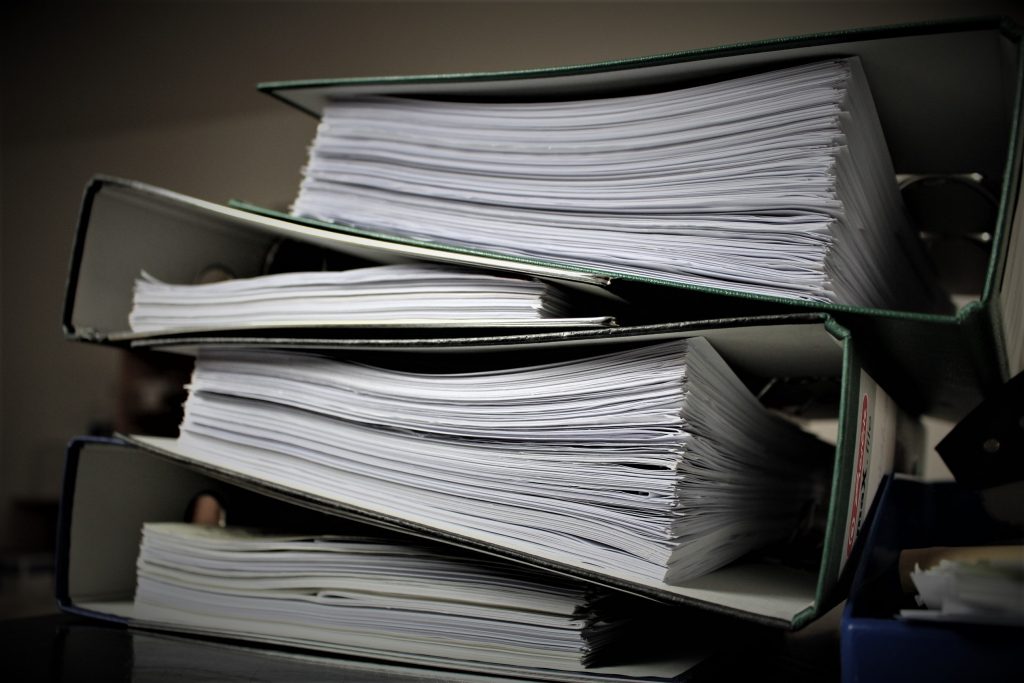
Once you have submitted your taxes, you should keep all your records and supporting documents safe if you have to refer to them or if you are audited. But how long do you have to keep your records? The IRS has some tips to help you figure out how long your documents should be stashed. The IRS states that the document retention period depends on the document, the cost and the support of the document. In addition to the supporting documents, the IRS proposes to keep records of tax returns previously filed, which may help with future filings. In general, the IRS suggests any records supporting income or deductions claimed in a tax return until the limitation period expires. The limitation period is a specific time window in which the return may be amended in order to claim additional credits or refunds.
Some items and situations have different scenarios as to how long the documents should be kept. The IRS recommends the following guidelines: you have unreported income in excess of 25 percent of the gross revenue shown on the return. All related items should be kept for 6 years. You have filed a fraudulent return. For life, records should be kept. If you have not filed a return, records should be kept indefinitely. If you have modified your original return to claim a credit, you should keep records for at least three years from the date of the original return or two years from the date you paid the tax, whichever is longer. A loss of worthless securities or bad debt is claimed. All records must be kept for seven years. Any tax records paid by an employer should be kept for at least 4 years from the date on which the tax is due or from the date on which you paid, whichever is later.

